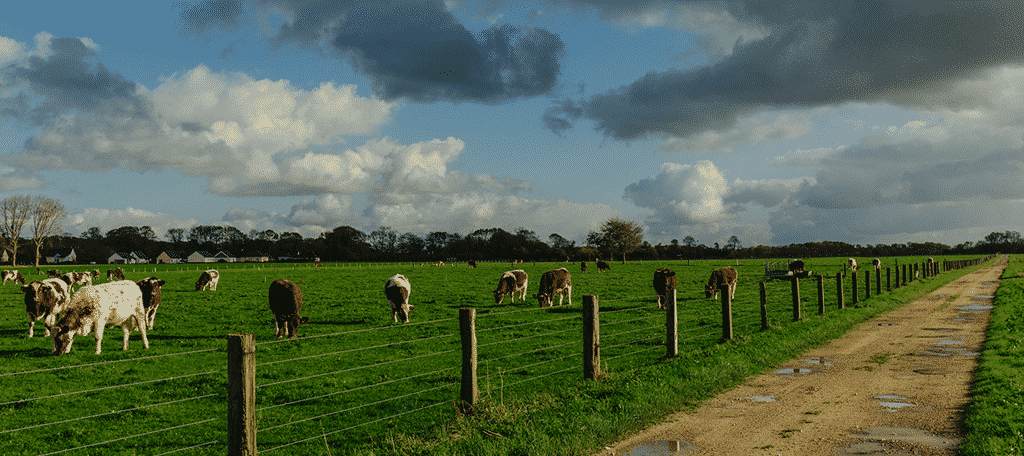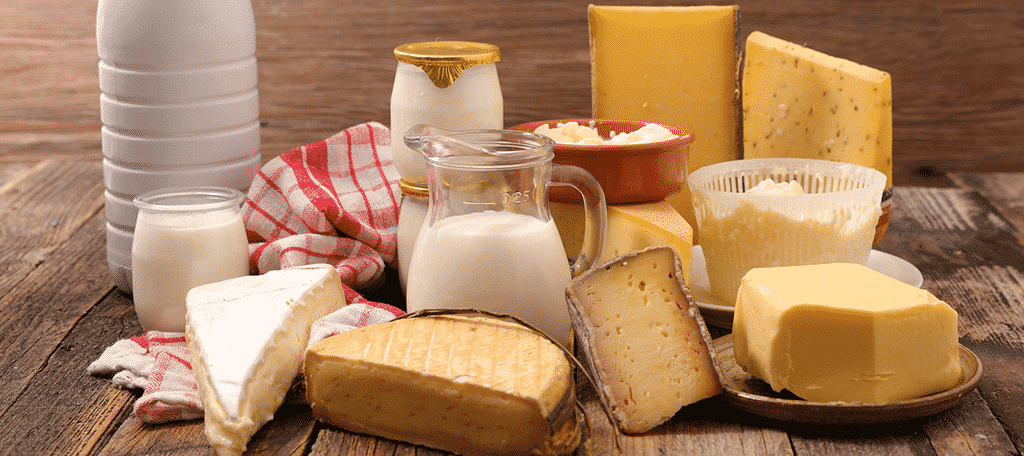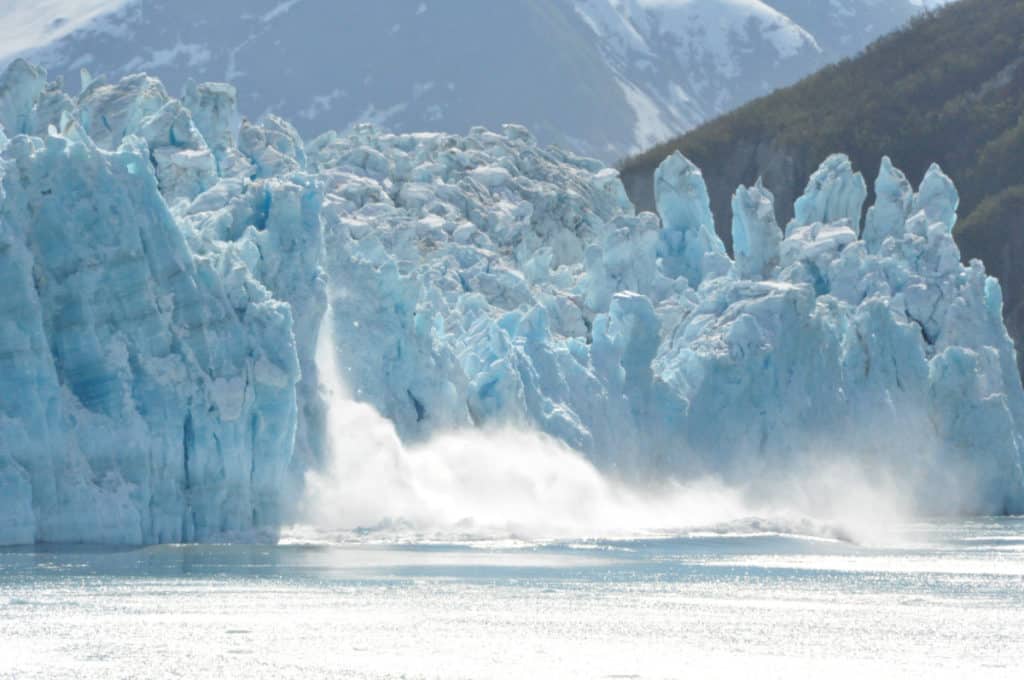
While many people are trying to do their part to fight climate change by saving energy, driving less, and recycling, all this effort is not enough. However, stopping or reducing the consumption of some food products can decrease your carbon footprint even further.
That’s right, the food you eat also impacts the environment. Beef is considered the most impactful food on climate change. Livestock, in general, is responsible for over 14% of all greenhouse gas pollution and reducing that number is imperative if we want to stop climate change.
How Does Eating Beef and Other Meat Products Hurt the Environment

It may be hard to imagine why eating meats can be so impactful on the environment. The real issue is the demand for livestock meats. For example, cows, lamb, chicken, and pigs take up a lot of land. So much so in fact that we could literally grow forests in their place.
Not only are there cows for beef products, but also for dairy products like milk and cheese. The demand is so high, that farmers need to keep breeding large quantities of animals to meet demand. And there lies the problem.
The more animals that are required, the more land will be taken up by livestock animals. Not only does this take up more land, but it also requires more water and animal feed. This cycle has continued over the years and doesn’t look like it will change any time soon.
Thus, by reducing the number of red meats eaten, the demand will shrink and fewer animals will be required, which means less land will be used.
These Are Important Food Sources, But They Can Be Replaced

Without a doubt, red meats and dairy products feed millions of humans around the world every day, but both of these have more environmentally friendly alternatives. Asking others to give up their favorite foods is challenging, but it can be done. For example, let’s look at dairy products.
The traditional idea of milk is iconic and most people don’t think twice about purchasing it for drinking, cereal, baking, etc. It has a lot of uses, but the vegan diet has proven there are lots of substitutes out there. If you go to the dairy aisle you will see traditional milk, but you will also see others like rice milk, soy milk, oat milk, almond milk, and many others.
All of these are significantly more environmentally friendly than traditional dairy milk. The same can also be said about meat products. Red meats like beef and lamb are in very high demand. However, just switching from red meats to white meats like chicken and pork can significantly reduce land usage.
Why Does Land Usage Affect The Environment
Still not clear on how land use affects climate change? Don’t worry, it’s simple. Everytime greenhouse gases are released into the air, like carbon dioxide, the atmosphere stores them. When sunlight reaches the Earth, the greenhouse gases in the atmosphere absorb heat that would normally leave the Earth, which is how global warming occurs.
By using the land to grow forests and plants, instead of livestock farms, the situation will improve. Plants absorb carbon dioxide from the air. More plants mean less carbon dioxide in the atmosphere, which helps global warming slow down. And with carbon emissions on the rise, we need all the help we can get.
Surely, livestock animals can’t be the only example of wasted land? You are absolutely right, but the difference is the land they take up is usually fertile land where you can easily grow plants.
The Real Issue Will Be Change
Without a doubt, eating red meats and dairy products is part of everyday life for most and that is a problem. It is very hard to break a habit and it would drastically affect many businesses. Just think about how many steakhouses or burger places exist by you.
It will not be easy, but if more people start consuming less red meats and dairy products, the demand will shrink. Keep in mind the keyword is “reduction”. Red meats and dairy products can still be consumed, but we need to lower the rate. Just remember we only get one planet, so we need to make it count.

